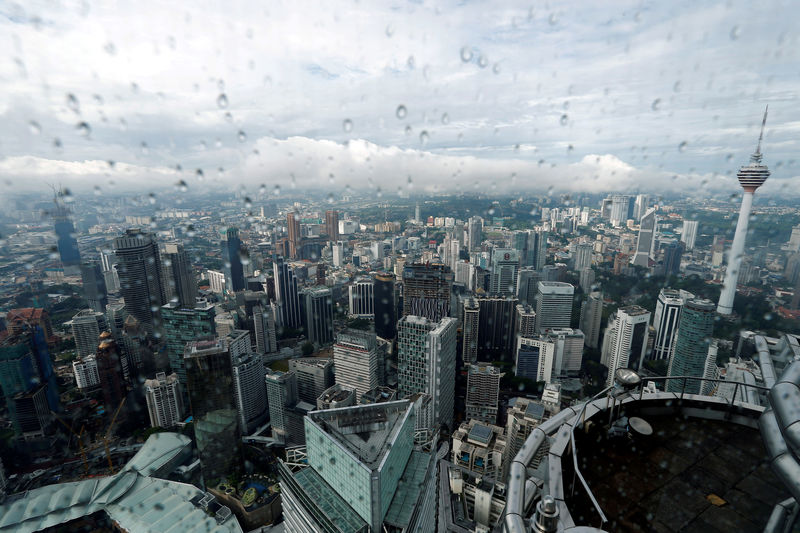JPMorgan’s Dimon weighs in on potential Fed chair candidates
(Bloomberg) -- Malaysia’s central bank sees room to adjust monetary policy again after economic growth slowed to its weakest pace in more than a decade last quarter and the nation braces for the impact of the coronavirus on tourism and trade.
Gross domestic product expanded 3.6% from a year ago, far worse than the 4.1% median estimate in a Bloomberg survey, following disruptions to mining and palm oil production. That brought the full-year growth figure for 2019 to 4.3%, the lowest since 2009, and below the government’s initial projection of 4.7%.
“We have ample room” to adjust interest rates, Bank Negara Malaysia Governor Nor Shamsiah Mohd Yunus told reporters in Kuala Lumpur at the release of the GDP report. “Our inflation is still low, so we do have that policy space.”
Key Insights
- Growth was hit by supply disruptions in the fourth quarter: palm oil production, which makes up 39% of farm output, fell almost 17% from a year ago; natural gas production contracted 2.1% and crude oil fell 5%. Nor Shamsiah said growth could have been as strong as 4.3% if there were no supply disruptions last quarter
- Tourism and manufacturing growth in the first quarter will likely be affected by the spread of the coronavirus, the governor said
- Monetary policy will be guided by risks to the outlook for growth and inflation, she said. The central bank will provide a full-year growth forecast in March
- The current account surplus narrowed to 7.6 billion ringgit ($1.8 billion) in the fourth quarter, lower than the 14.5 billion ringgit median estimate in a Bloomberg survey
- GDP rose 0.6% in the fourth quarter from the previous three months
